Every man has got his own mental world, his own mode of thinking, his own ways of understanding things, and his own ways of acting. Just as the face and voice of every man differ from those of another man, the mode of thinking and understanding also differs. That is the reason why misunderstanding easily occurs between friends. One is not able to understand rightly the views of another. Hence friction, rupture and quarrel occur within a minute even amongst fast friends. The friendship does not last long. One should be in tune with the mental vibrations or thought vibrations of another man. Then only one can easily understand another. Lustful thoughts, thoughts of hatred, jealousy and selfishness, produce distorted images in the mind and cause clouding of understanding, perversion of intellect, loss of memory, and confusion in the mind.
Every thought has got image, form, dimension, weight, shape, colour, etc. Thought is as much matter as a piece of stone. Thought moves, and passes from one man to another. Thought influences people. A man of powerful thought can influence readily people of weak thoughts. Telepathy is a branch of occult science wherein the Yogi can transmit messages to any man in any part of the world. Telepathy is the first telegraphic or telephonic system in this world, known to Yogins and occultists of ancient days.
A thought of anger or hatred sends arrows from the mental factory towards the person aimed at, harms the individual, sets up discord and disharmony in the thought-world, and comes back again to the sender and harms the sender also. If one can understand the effect and power of thought, he will be very careful in the manufacture of his thoughts in his mental laboratory. One should develop the faculty of producing only pure Sattvic thoughts by protracted mental discipline, dietetic adjustments, repetition of good Slokas with meaning, good company, study of divine books, Japa, meditation, Pranayama, prayer, etc. A good man can help his friend, even though he lives at a long distance, by good thoughts. You must not allow any evil thought to enter your mental factory. Watch always your thoughts. Avoid useless and base thinking, and reserve or conserve your mental energy. Energy is wasted in idle thinking.
Keep yourself always occupied in doing virtuous actions and the study of religious books. You can thereby cultivate good and sublime thoughts. Destroy random thinking. Take a subject, and think on its different aspects and bearings. When you think so on one subject, never allow any other thought to enter the conscious mind. Again withdraw the mind to the subject on hand. Take for instance: you begin to think on the life and teachings of Jagadguru Adi Sankaracharya. Think of his birthplace, his early life, his character, his personality, his virtues, his preachings, his writings, his philosophy, some of the important utterings in his works or Slokas, the Siddhis that he exhibited from time to time, his Digvijaya, his four disciples, his four Maths, his commentary on the Gita, the Upanishads and the Brahma Sutras. Think of these items one by one, in order. Exhaust them. Again and again bring the mind to the point. Then take up another subject. By this practice, you will develop organised thinking. The mental images will gain intense strength and force. They will become clear-cut and well-defined. In ordinary persons, the mental images are destorted and undefined. Every thought has got an image. A table is a mental image plus some external something. Whatever you see outside has got its counterpart in the mind. The pupil is a small round thing in the eye. Retina is a small structure. How is it that the image of a big mountain seen through a small aperture or structure is cast on the mind? How does the big form of a mountain enter a tiny hole in the eye? This is a Marvel of marvels. The image of a mountain already exists in the mind. The mind is like a big, vast sheet of canvas cloth that contains all the pictures of the objects seen outside.
You must have a knowledge of the mental laws, viz., the law of association, the law of relativity, and the law of contiguity. Then you can develop thought-culture very easily. You can remember things through the 'law of association'. Brahmacharya and pure Sattvic diet are essential for thought- culture. Get up at 4 a.m. Sit on Virasana or Padmasana or Siddhasana. Repeat your Mantra-Om or Ram or Hari Om-for ten minutes, and then practise thought-culture. Have another sitting at night. When you think on one subject, do not allow other thoughts to enter. When you think of rose, think of the different kinds of roses only. Do not allow other thoughts to enter. When you think of mercy, think of mercy and mercy only. Do not think of forgiveness and tolerance. When you study the Gita, do not think of tea or a cricket match. Be wholly occupied on the subject on hand.
Napoleon controlled his thoughts in this manner: "When I want to think of things more pleasant, I close up the cupboards of my mind revealing the more unpleasant things of life, and open up the cupboards containing the more pleasant thoughts. If I want to sleep, I close up all cupboards of my mind!"
Thought is both force and motion. Thought is dynamic. Thoughts move. There are various kinds of thoughts. There are instinctive thoughts. There are visual thoughts. There are auditory thoughts (thinking in terms of hearing). There are symbolic thoughts (thinking in terms of symbols). Some thoughts are habitual. There are kinaesthetic thoughts (thinking in terms of movement, as in playing a game). There are emotional thoughts. If there is mental fatigue, the processes of thought change from visual to auditory, and from auditory to kinaesthetic. There is intimate connection between thinking and respiration, as there is close relation between mind and Prana. Where the mind is concentrated, breathing becomes slow. If one thinks fast, the respiration also becomes fast. There is a thought-reading machine, known as psychograph, which registers correctly the type of thoughts.

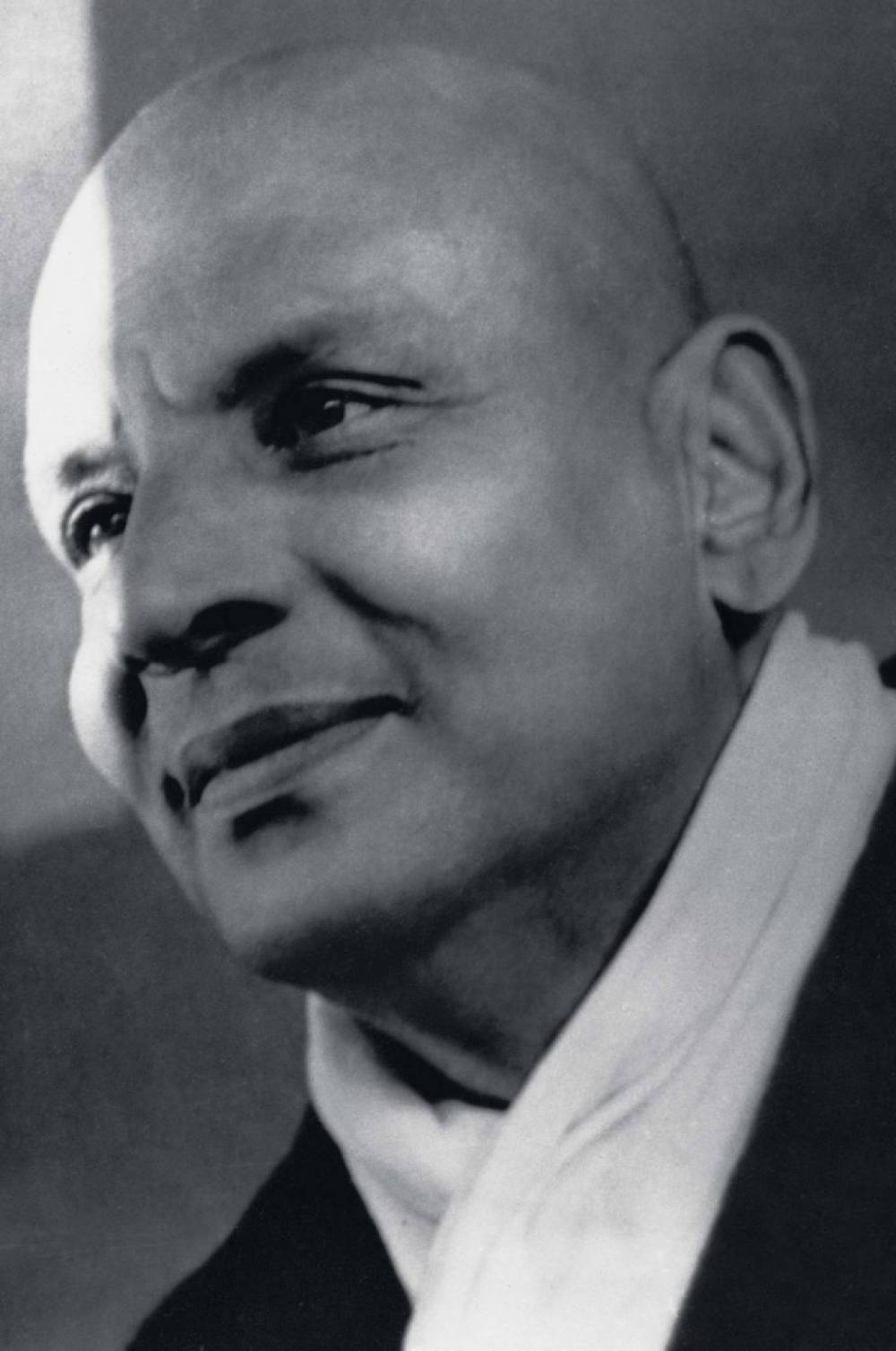
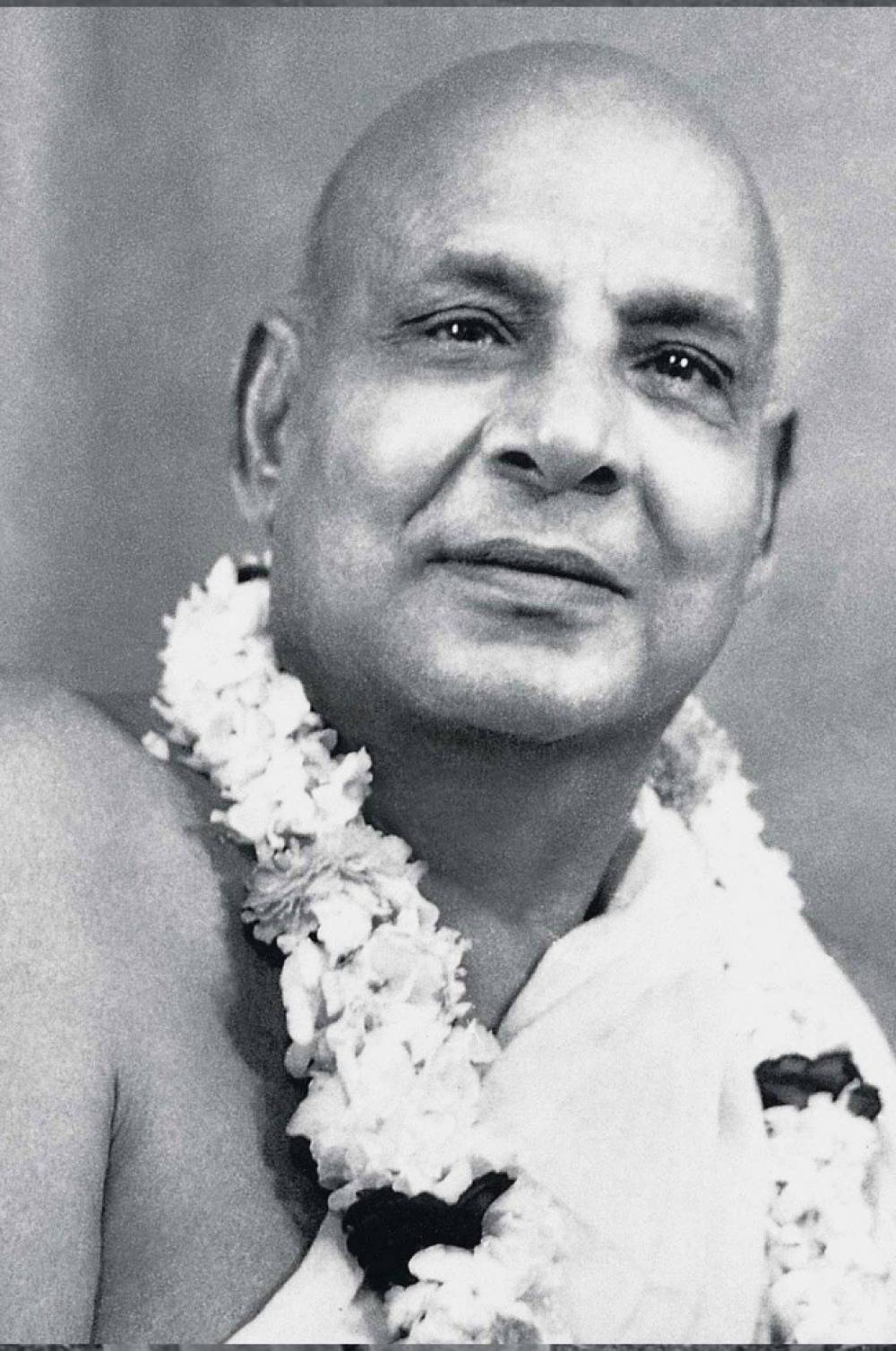

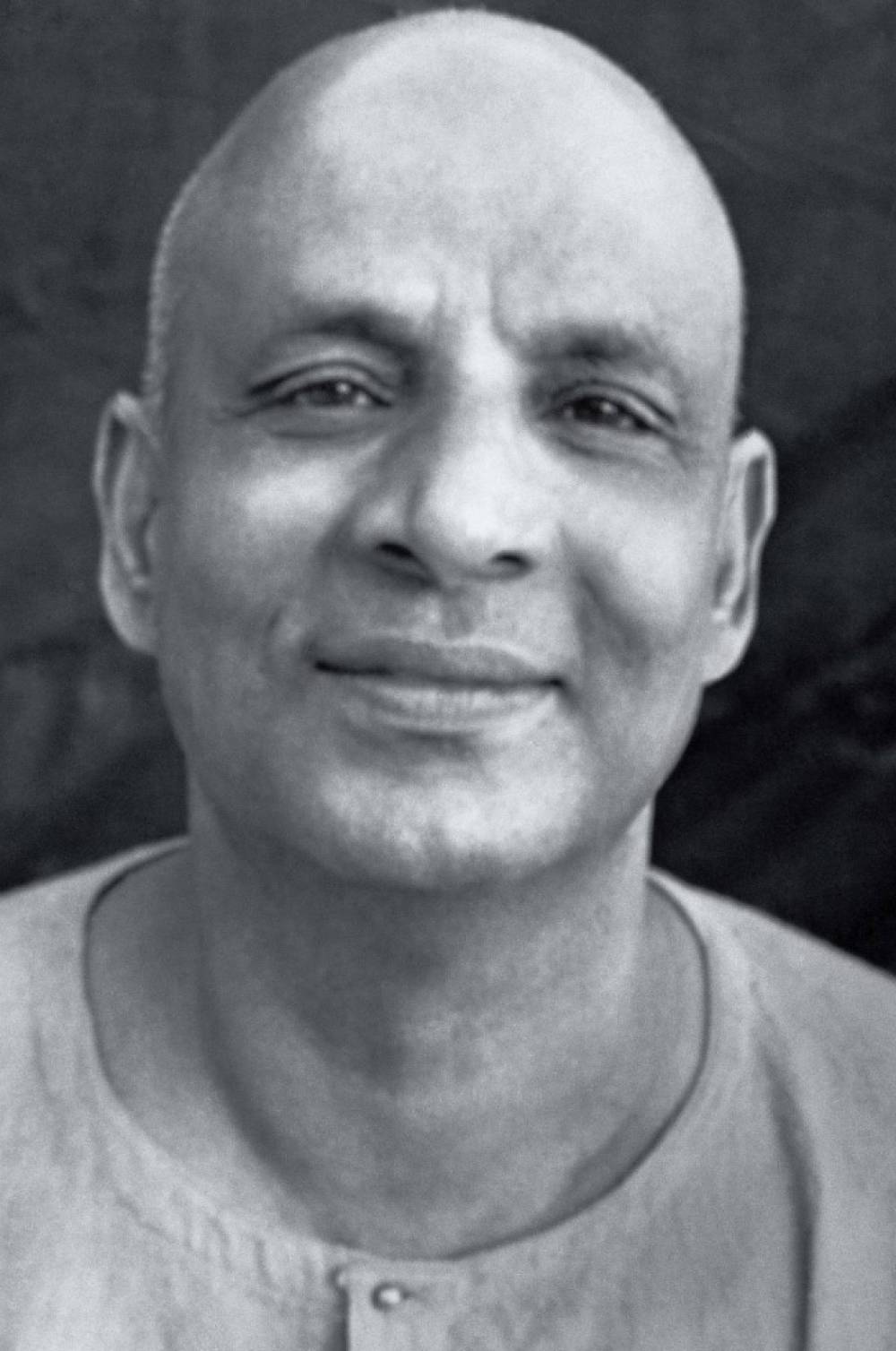
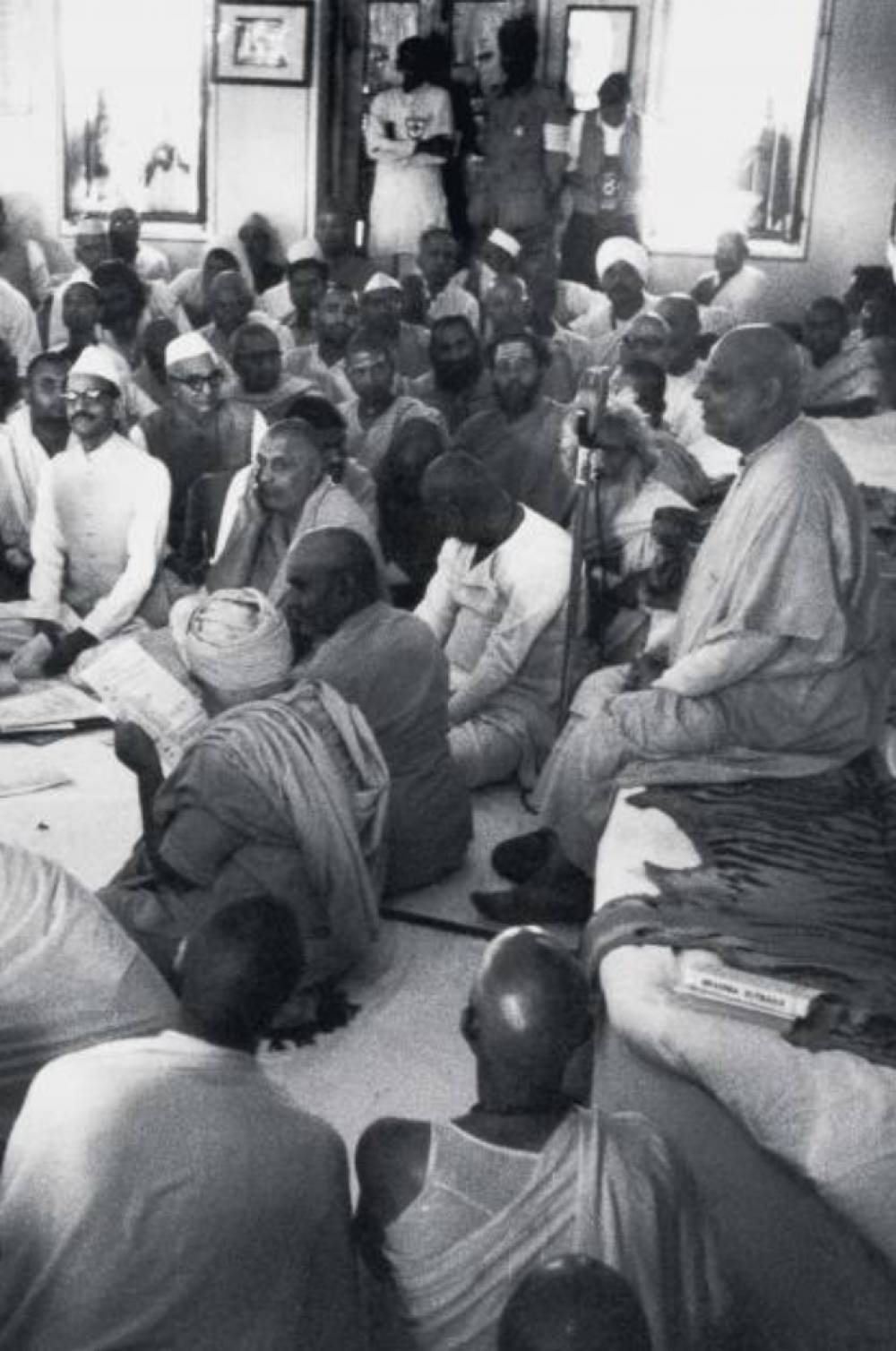

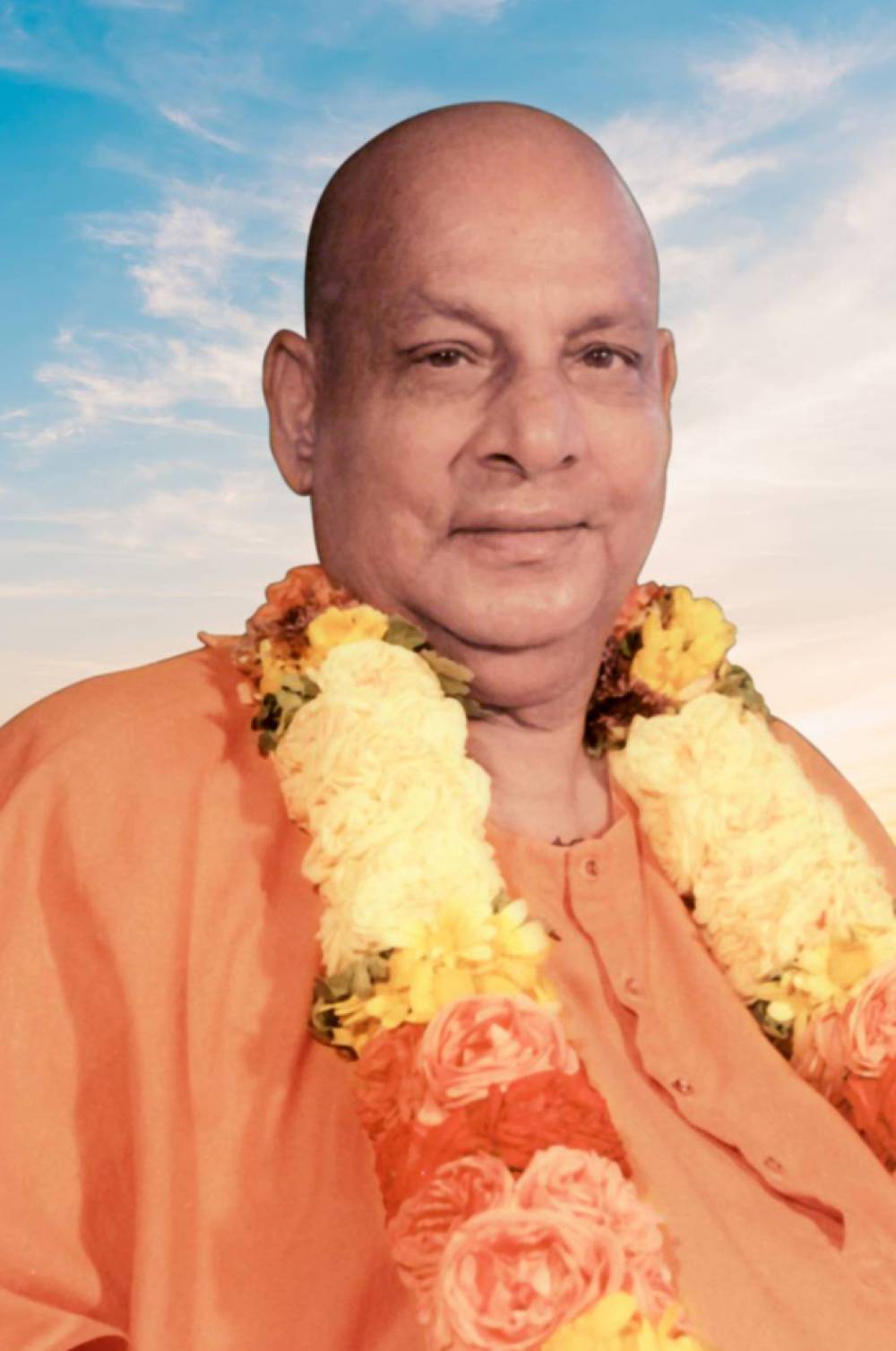
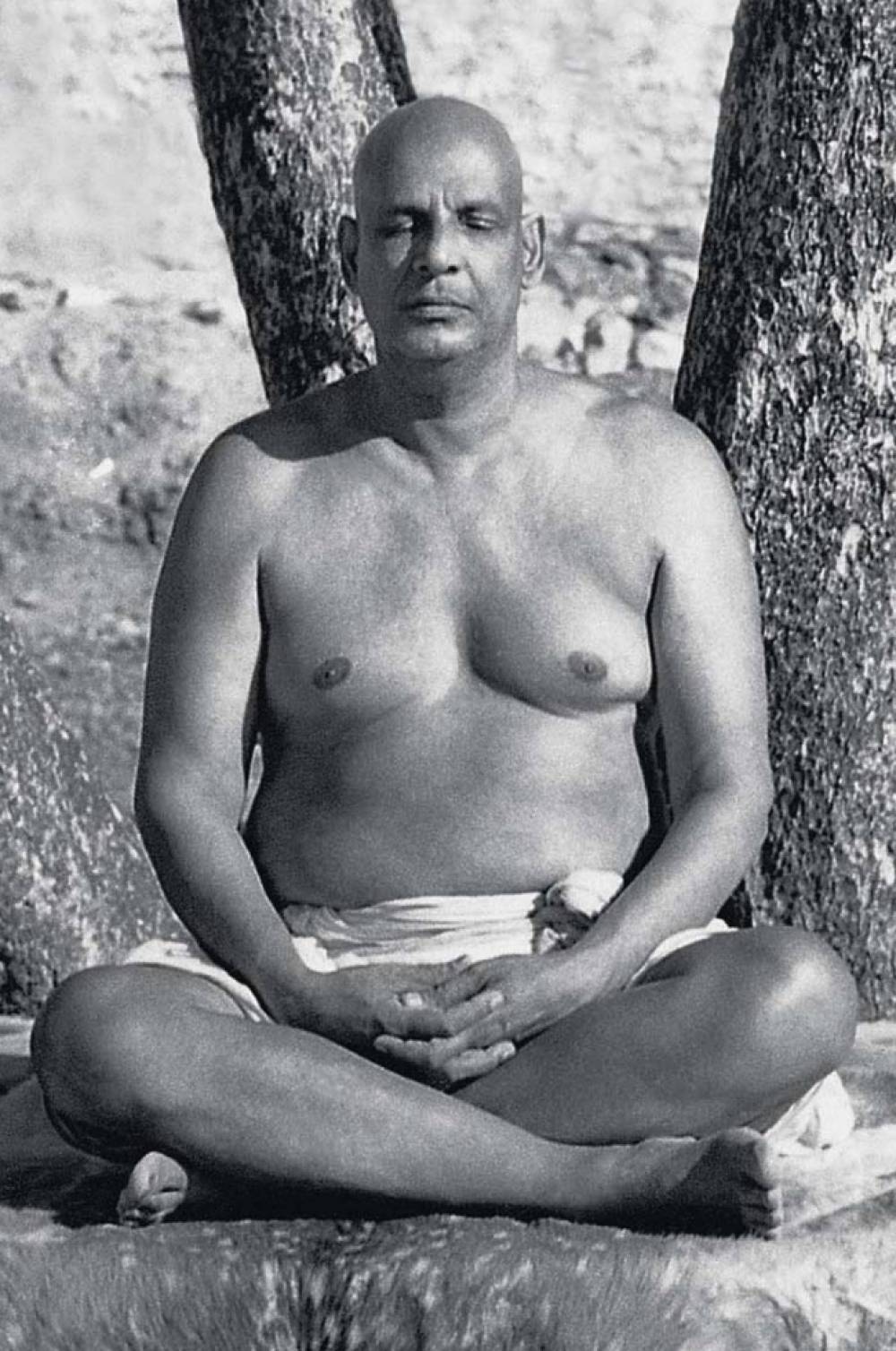
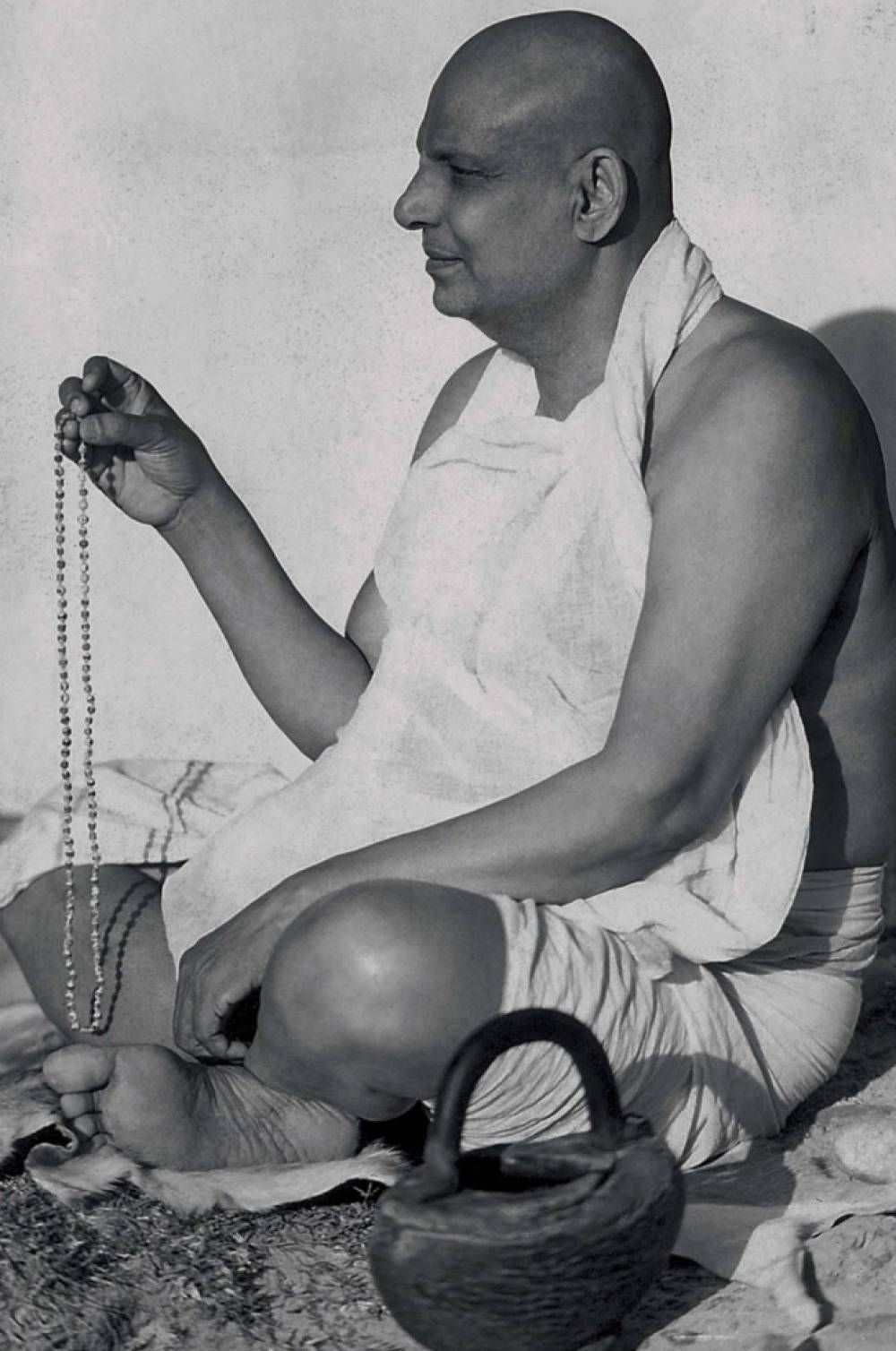
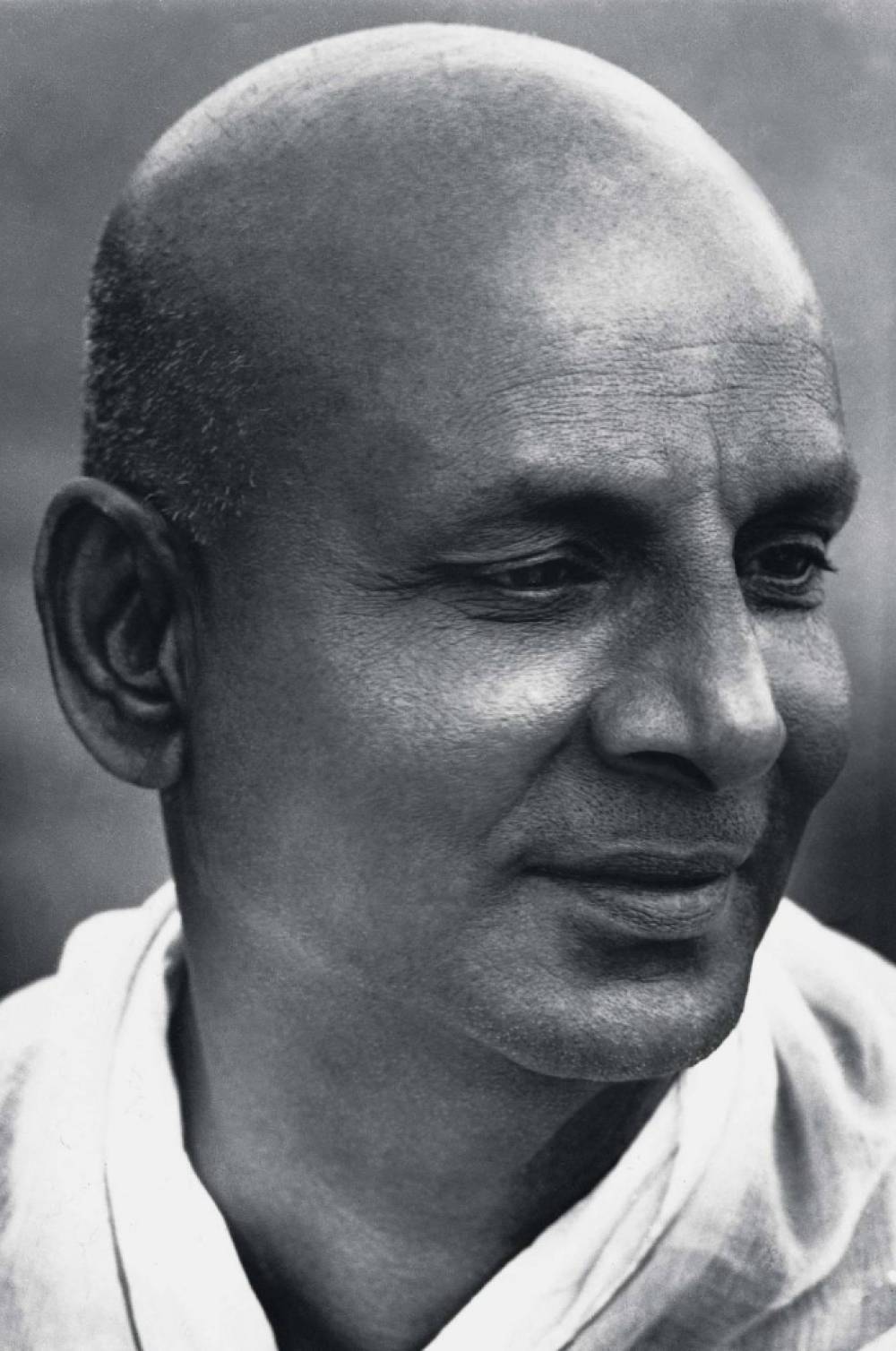
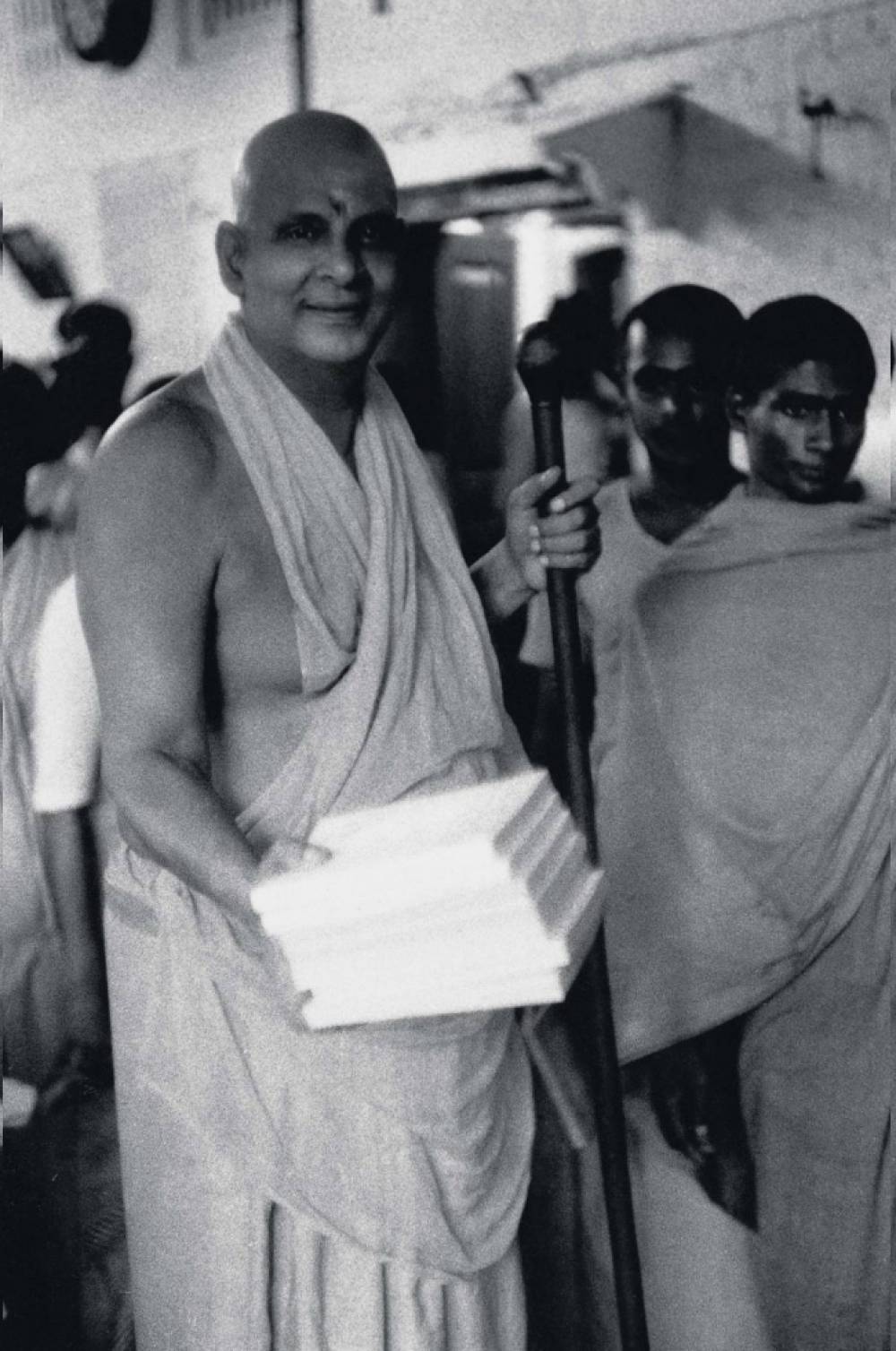
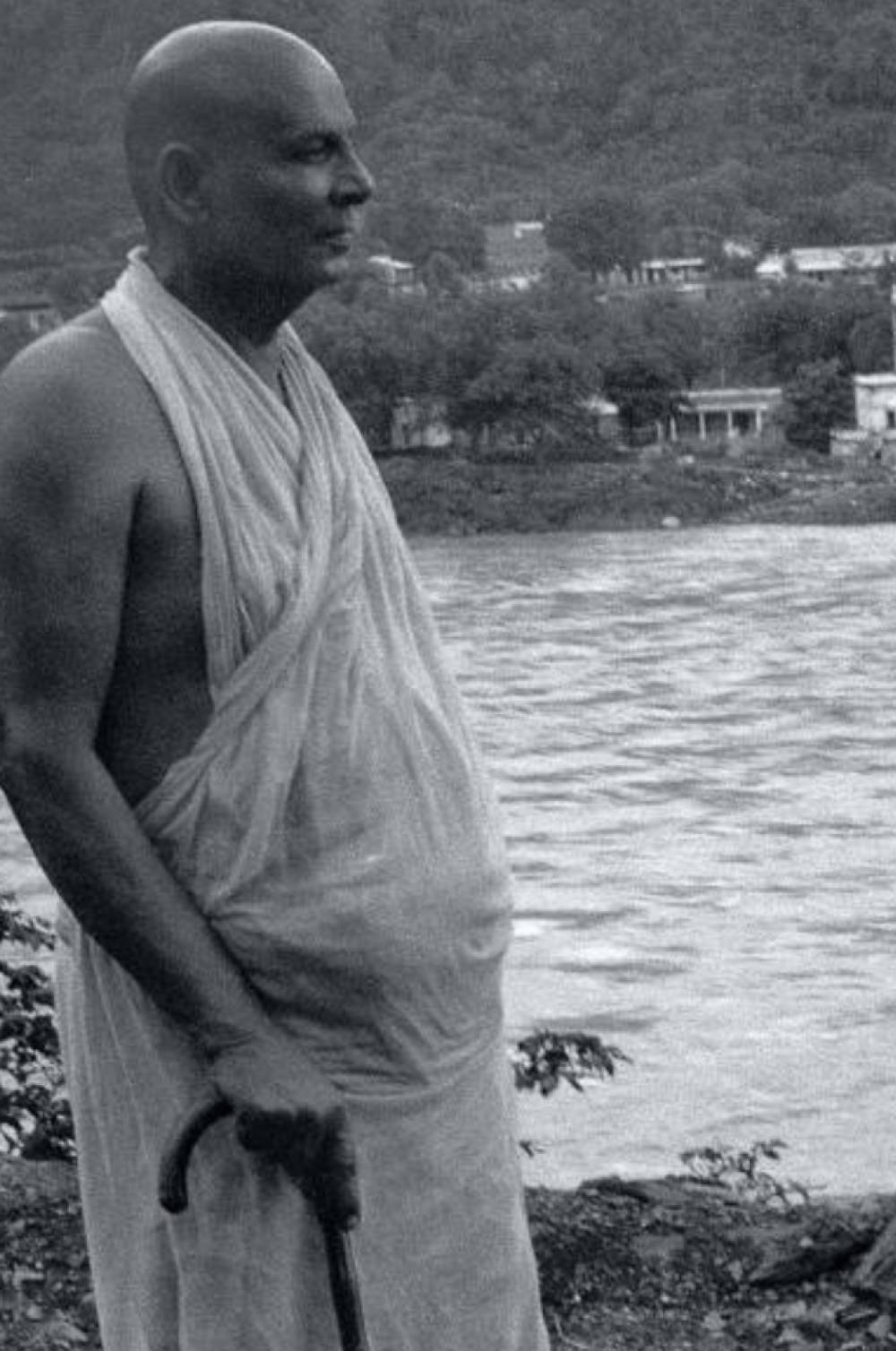
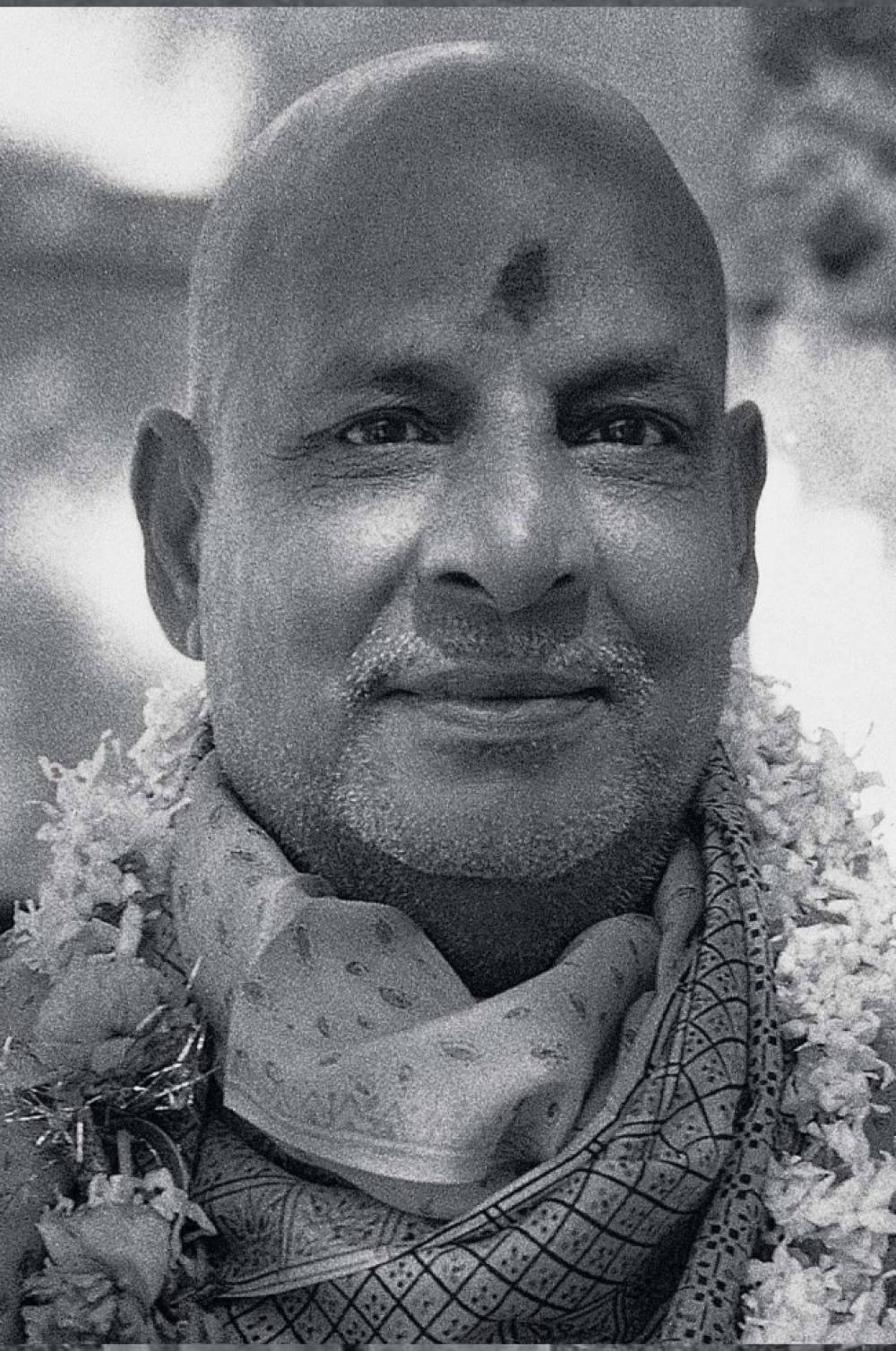

No Comments found. Be first to comment